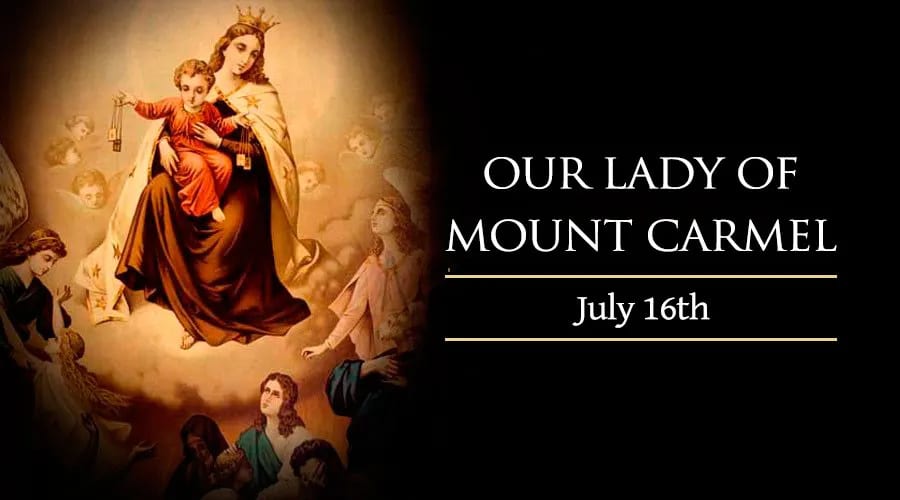
SUNDAY, FIFTEENTH WEEK IN ORDINARY TIME
Am 7: 12-15 Ps 85: 9-14 Eph 1: 3-14 Mk 6: 7-13
THEY WILL KNOW WE ARE CHRISTIANS BY OUR LOVE
God works through his chosen messengers to build his kingdom on earth through their lives of holiness. “For the Lord has chosen each one of us to be holy and blameless before him in love” (Eph 1:4). Very often we get caught up in our daily life and forget that the Lord is good and that he will provide for us. And there are many times that the Lord reminds us about his love and providence for us, that He is near to us and actually goes before us on the way He sends us.
The prophets in Israel were persons who interpreted the action of God in the events of history. The Book of Amos is the first one to be written among the Prophetic books. Amos is well known as the prophet of social justice and a defender of the poor and needy. Amos’ prophecy to the people of God was: “to seek the Lord in sincerity and do good to the poor.” The distinctive feature of Judaism was that their relationship with God was to be expressed in their relationship with one another. This twofold relationship was so interdependent that one could not exist without the other. This type of relationship with God and with his fellow beings was the result of the covenant itself. Hence if one is not on good terms with his neighbour he cannot also be on good terms with God. During the time of Amos, the rich and the powerful tried to take advantage of the poor and the weak, but, at the same time, were very faithful to the cultic services in the Temple. Hence it was the duty of the prophet to point out their hypocrisy and urge them towards sincere worship. That is what Amos did. Jesus also invites his disciples, like the prophet, to do good to all.
In the Gospel, Jesus trains his followers to be missionaries and trains them to rely on God. This is the first time they are sent out on a mission without Jesus. They have seen Jesus preach, perform miracles, heal the sick and cast out evil spirits. Now Jesus sends them out in pairs to do the same. The first thing to reflect on is that Jesus models us to a new way of thinking, living and acting and He calls us as his followers to do the same. But how can we do what Jesus did? He is God and we are not. Isn’t that an unrealistic expectation? Well, it is possible because Jesus gives them authority (Mk 6:7). God did not just make us in His image, He then sent his Son to be an example to us and He gives us authority by sending us the Holy Spirit, He gives us the power to do great things. The disciples went out and proclaimed the good news. We can do what Jesus did because of the authority that Jesus gives us and because of the power of the Holy Spirit which is given to us.
Another aspect of reflection, is that Jesus sends them out with nothing (Mk 6:8). This is so significant because Jesus wants them to trust in the providence of the Father as he trusts in the Father. Jesus is teaching them to rely completely on God. If we have our hands full, we do not have space to receive anything more from the Lord. This means that those who are sent out on mission, trust in the Lord to provide for them the means and the resources. Spiritually, this means we do not rely upon our own strength and resources for security, but come to the feet of Jesus with open hands every day, with clear and deep knowledge that our strength and our resources are not what will protect and be security for us, but the God of all the earth will do that for us. He is our provider, our protector and our security.
Our last reflection is to have a disposition that our Christian life is not meant to be kept hidden. Our Christian life is to be proclaimed. Jesus is to be proclaimed and shared with the people we encounter in words, love and deeds. The call of Christianity is to follow Christ, who walks ahead of us and calls us to follow him. He who humbled himself and set forth the plan of uniting all things and people to himself (Eph 1:9,10) sends us out. Let us boldly accept this mission given to us by Christ, given not only to priests and nuns and missionaries but to each one of us. We are all being sent out as Christians so that many may know we are Christians by our love and by this that many may come to know Jesus Christ our Lord.
Response: Let us see, O Lord, your mercy, and grant us your salvation.
Copyright ©2024 ©Springs of Living Water http://springs.carmelmedia.in











